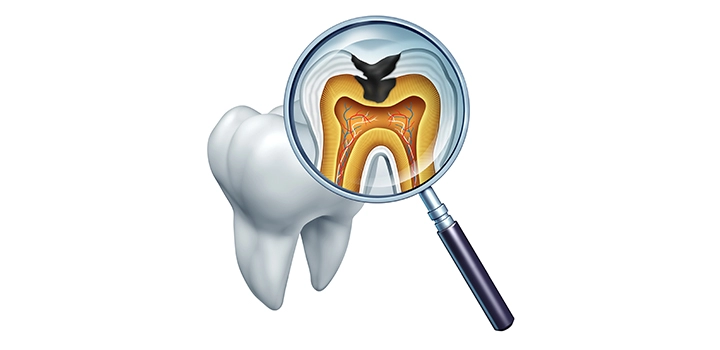Phone Number
+968 547856 254

Brush your teeth at least twice a day with fluoride toothpaste. Brushing helps remove plaque, a sticky film of bacteria that forms on teeth and leads to cavities.
Flossing once a day helps remove plaque and food particles between teeth and along the gumline where your toothbrush cannot reach.
Reduce your intake of sugary and acidic foods and beverages. Bacteria in your mouth break down these sugars and produce acids, which can erode tooth enamel and cause cavities.
Fluoride strengthens tooth enamel and makes it more resistant to acid attacks. Use fluoride toothpaste and mouthwash to help prevent cavities.
Chewing sugarless gum, especially after meals, can increase saliva flow, which helps wash away food particles and neutralize acids in the mouth.
Regular dental check-ups and cleanings are essential for preventing cavities. Your dentist can detect early signs of decay and provide professional cleaning to remove plaque and tartar.
Dental sealants are thin plastic coatings applied to the chewing surfaces of back teeth to protect them from decay. They are especially beneficial for children.
Drink plenty of water throughout the day, especially if you consume sugary or acidic foods. Water helps rinse away food particles and keeps your mouth moist, reducing the risk of cavities.
Include calcium-rich foods like dairy products, leafy greens, and nuts in your diet. Calcium is essential for strong teeth.
Tobacco use and excessive alcohol consumption can increase the risk of cavities and other oral health problems. Avoid or limit these substances for a healthy smile.
By following these tips and maintaining good oral hygiene, you can significantly reduce your risk of developing cavities and enjoy excellent dental health. Remember, regular dental visits are crucial for a comprehensive oral care routine.